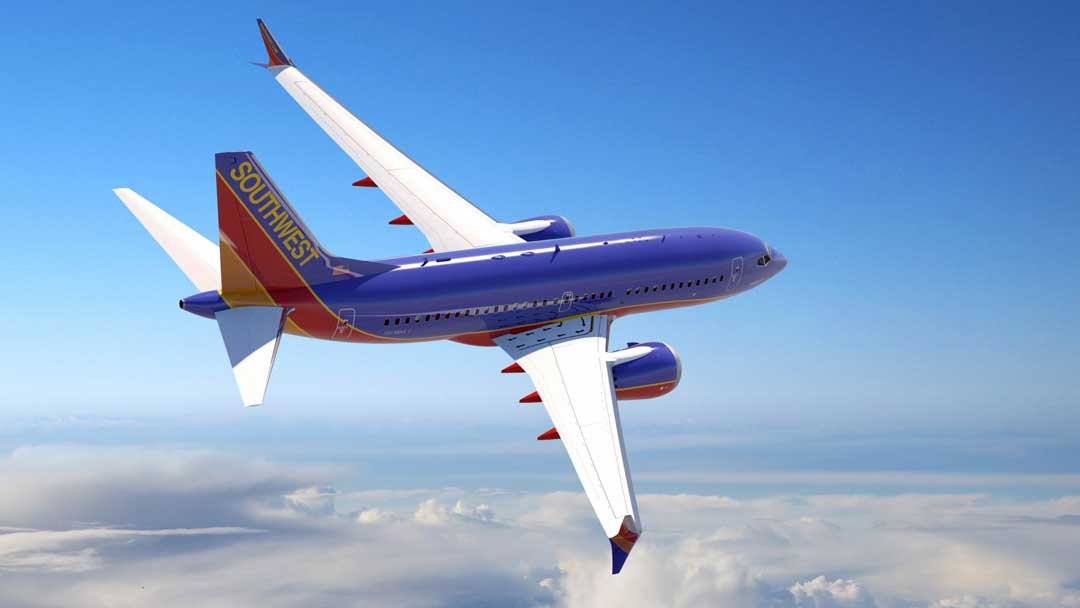Southwest Airlines has cut its guidance for the first quarter of 2025 on March 11, 2025, citing a “greater impact from the California wildfires than originally estimated” along with lower government travel. In addition, the lowered unit revenue was driven by a higher-than-expected completion factor.
Unit revenue is expected to now be up 2-4% in the first quarter, down from its previous guidance of up 5-7%.
Additionally, unit costs – excluding fuel – are expected to be up 6% instead of 7-9%, driven by increased capacity, lower than expected labour and maintenance costs, and other expenses. Some of these expenses will shift to later in the year.
Southwest said it remains focused on “driving efficiencies” to offset inflationary cost pressures.
During JP Morgan's Industrials Conference on March 11, 2025, the company's CEO Bob Jordan said revenues fell behind at Southwest during the quarter as it did not pursue things such as bag fees, basic economy, dynamic pricing, amongst other revenue generators.
In conjunction with its lowered guidance, Southwest announced it would start charging passengers for checking in baggage to boost revenues. This marks the end of Southwest's core offering as part of its low-cost structure. The airline said two free checked bags will be limited to business select tickets or have top tier loyalty status, while those with loyalty status a notch lower will be allowed one free checked baggage. Southwest management noted during the conference that the initiative will also drive acquisition of its Rapid Rewards credit card.
Southwest management said during the conference that it carried twice as many bags compared to its competitors, which has proven “costly on many fronts” for the airline. In addition, to generating additional revenue, management are expecting some operational efficiency benefits from the new initiative. Southwest's baggage policy has long been a staple of its brand identity.
Delta noted at the JP Morgan Industrials Conference: “Clearly there are some customers who chose them because of that, and now those customers are up for grabs. We'll see how that plays out over the next period of time, as they continue to implement multiple changes to their products.”
Southwest said the new initiatives will add an incremental EBIT of $800 million in 2025 and an incremental EBIT of $1.7bn in 2026. “This brings the total estimated EBIT contribution from our portfolio of initiatives to $1.8bn in 2025 and $4.3bn in 2026,” management said at the conference.
“The remainder of the decrease is primarily attributable to softness in bookings and demand trends as the macro environment has weakened,” Southwest read in its filing.
Jordan added that aircraft delivery delays had also contributed to the trimmed guidance. “Aircraft delivery delays created inefficiencies, especially in staffing and training conducted in anticipation of aircraft deliveries that ultimately did not take place as they were expected," he said. However, he said the company is optimistic about Boeing's progress, believing it to be on track to reach its 38 per month 737 MAX production cap in April.
“We have a really strong orderbook at very attractive pricing so we need Boeing to get back to delivering the number of aircraft that we need over time and I'm confident that they'll do that," said Jordan.
Boeing delivered 44 aircraft in February, maintaining its momentum from January where it delivered 45 aircraft. Of the 44 deliveries, 31 were 737 MAX aircraft.

